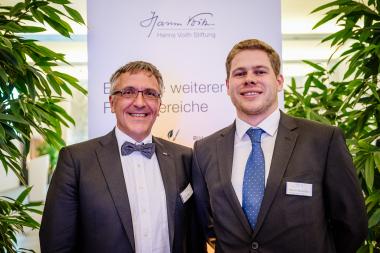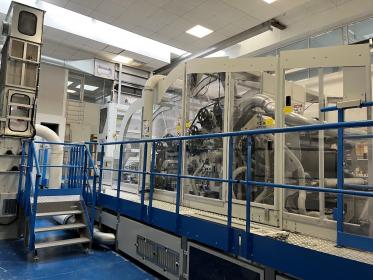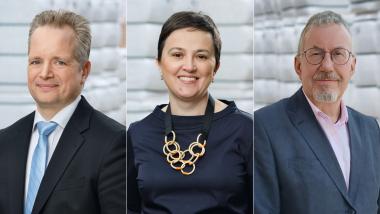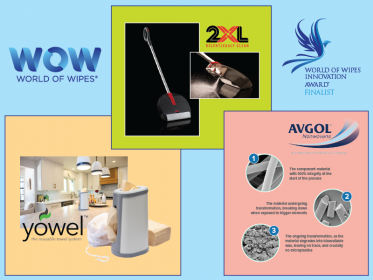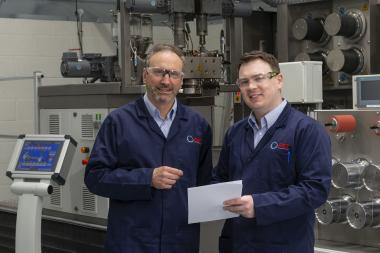Südwolle Group and KARL MAYER GROUP cooperate to unlock the potential of merino wool
The KARL MAYER GROUP and the Südwolle Group have joined forces in a project to explore the possibilities of merino wool for warp knitting technology. The project was triggered by the increasing demand for textiles made from sustainable and environmentally friendly materials. The cooperation was to develop innovative fabrics from renewable raw materials for use in underwear and functional sportswear. The focus of the work was on the use of wool as a material with excellent comfort properties and the look and feel of lightweight single jersey goods. The natural fiber fabric qualities are not typical for warp knitting processing, so the challenges during the project work were diverse.
Merino wool yarns with good running properties
Regarding the choice of material, the product development team of Südwolle Group recommended the Hidalgo yarn from their product portfolio. The yarn was created using the in-house developed Betaspun technology, in which a filament was twisted around a merino core. When natural fibres such as wool, cotton or silk are combined with sustainable fibres such as biodegradable polyamide as the filament, the spinning process can create durable, lightweight yarns that disintegrate completely without residue after use. The yarns made from the two components also have good running properties for use in warp knitting. "The polyamide content of the yarn increases its tenacity, reduces hairiness and makes it an excellent choice for warp knitting technology," confirmed Gabriela Schellner from KARL MAYER's Textile Product Development Department.
Shape stability paired with single jersey "look and feel"
The Hidalgo yarn, which is made from merino wool, was processed on a warp knitting machine using a carefully thought-out lapping selection to produce a light, soft fabric which, above all, retains its shape. The textile specialists at KARL MAYER had experimented with two different single bar fabric qualities beforehand and had thus adopted a new approach for jersey machines.
The first results are promising. Now more trials are needed to perfect the technique. Development partners are needed, including fabric producers, brands, and garment manufacturers, with whom the fabric qualities, machine equipment and orientation to the end applications can be refined. The KARL MAYER GROUP and the Südwolle Group are also unanimous in their desire to push the boundaries of what is possible with merino wool and knitting technology and to develop new solutions for the textile industry through further project work.
Karl Mayer Group





